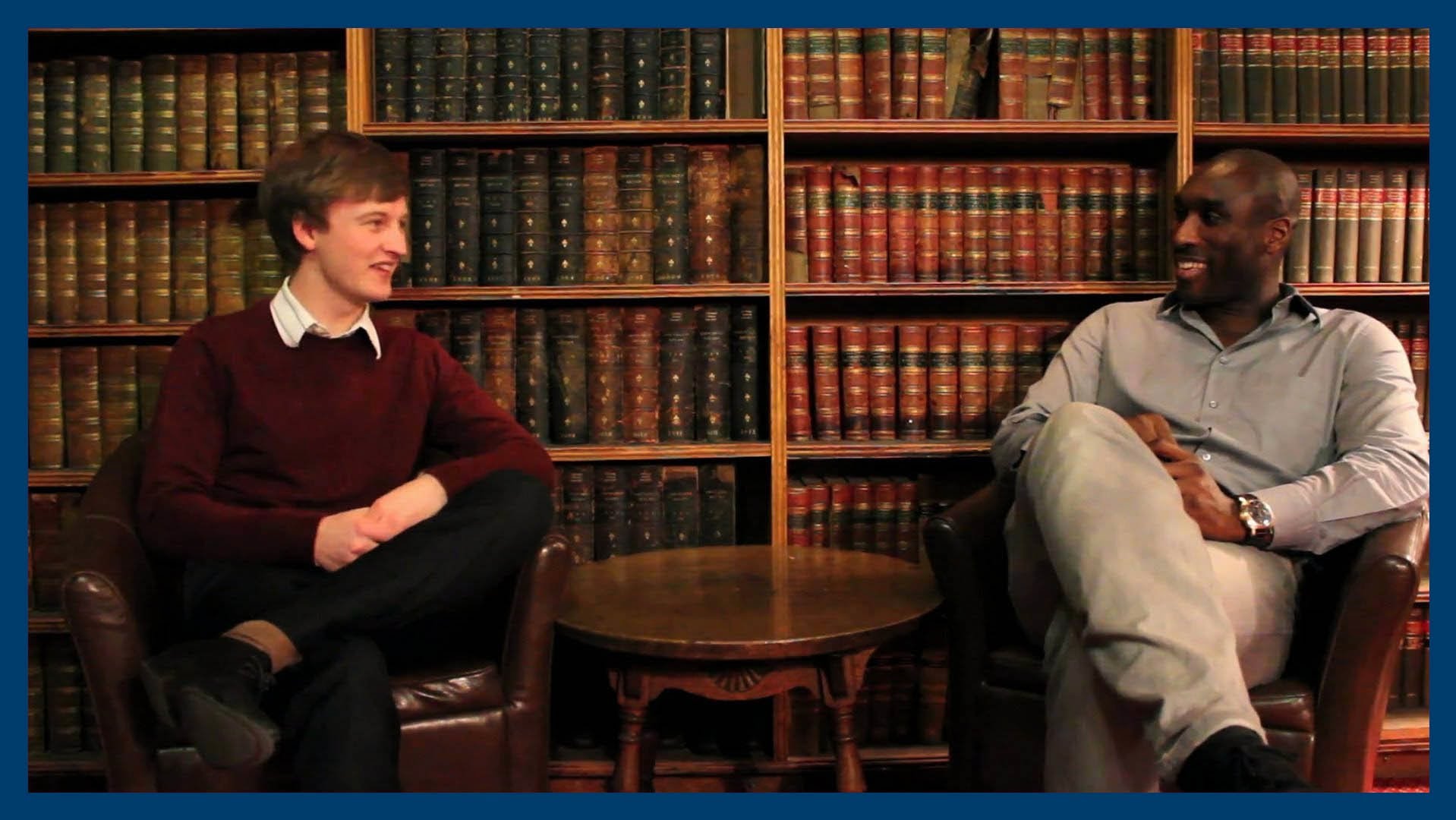480 BC: A vast Persian army is pouring into Greece, led by the tyrant Xerxes. Most of the cities in its path have surrendered already, and resistance seems hopeless. But a small band of Greek cities, who have been fighting each other for longer than anyone can remember, decide to put aside their differences and fight together for Greek freedom.

41 BC: Cleopatra is the glamorous Queen of Egypt, but the vast Roman Empire surrounds her kingdom on every side. Years ago, she was the lover of the most powerful man in the world, Julius Caesar, and this gave her kingdom some protection from the Romans. But now Julius Caesar has been murdered, and Egypt is in danger again. Cleopatra seduces Caesar’s old comrade Mark Antony, the new ruler of the Roman East. Perhaps Cleopatra and Mark Antony will be able to form a new Egyptian empire; perhaps, together, they will win the power struggle for Rome and rule the entire Mediterranean. Or perhaps their love affair won’t be enough to defeat their enemies, Egypt will be conquered, and Cleopatra, too, will end up dead.
In Ancient History, the stakes are always high, and this is one reason why it was my favourite subject at school. I found it endlessly interesting and a lot of fun: an essay subject that stood out from the others. In the UK, very few people get to study Ancient History properly before A-Level, so lots of pupils don’t really know what it has to offer. I think that if more people knew a bit about it, a lot more of them would choose to study it at A-Level.
In the UK, the subject focuses almost entirely on the Ancient Greeks and Romans – two civilisations with more than enough drama and excitement to keep people interested for a lifetime. If you enjoy stories of scheming rulers and epic wars, if you want to know what life was like in a very different culture, or if you’re interested in where Western history began, then Ancient History is for you. It taught me a lot about where we come from, and it helps me to understand much more about the present – for example, what makes a country or empire powerful, and the warning signs when it starts to lose that power. It’s a great subject to go with Latin or Ancient Greek, but it’s also excellent without those two, if – like me – you are interested in the classical past but don’t want to learn an ancient language.

Some schools offer both Ancient History and Classical Civilisation. These two subjects have some overlap, but their focus is different. Classical Civilisation looks at how the Greeks and Romans lived their everyday lives – what their cities and towns were like, their art and drama, the gods they worshipped. Ancient History touches on all of these things, but it’s more focused on the stories of empires rising and falling, powerful men and women who changed the course of history, and the dangers that confronted ancient societies. For me, it was the extraordinary stories of power, cunning and treachery that kept me fascinated. The people we were studying were human beings, just like us, but they were having to survive in very different circumstances, and I never got bored of learning about them.
For readers who need a brief outline of the historical period, here is a summary. From around 800 BC, a remarkable civilisation emerged in Greece, which reached its height in the fifth century (500 BC – 400 BC). It transformed almost every area of human knowledge and continues to have a huge impact on European culture today, through subjects such as architecture, literature, philosophy and the study of history itself. The Greek civilisation was made up of a number of small city-states which regularly went to war with one another. The most important of these cities was Athens, which invented the concept of democracy. One common A-Level topic is how Athenian democracy came to exist, how it worked, and what happened to Athens over the next hundred years.
The Greek civilisation influenced its neighbours – particularly the kingdom of Macedon to the north. Eventually, the Macedonian king managed to conquer all the Greek cities. Then his son, Alexander the Great (ruled 336 BC – 323 BC) created a vast Macedonian Empire by conquering modern-day Turkey, Egypt, Iraq, Iran and most of the rest of the Middle East. When he died, his empire broke into smaller kingdoms, all heavily influenced by the Greek culture.
Another state that was influenced by Greek culture was the city-state of Rome. For example, its strange constitutional system, the Republic, had some aspects in common with Athenian democracy. Rome was extraordinarily successful in war: not long after 300 BC, it controlled almost all of mainland modern Italy. Then, from around 200 BC, it started conquering the rest of the Mediterranean as well, including Greece, Macedon and the remnants of Alexander the Great’s empire. But this came at a price: the Roman Republic was a victim of its own success, and its leading citizens, who were vastly more powerful than their grandparents could ever have imagined, started squabbling among themselves for a bigger share of Rome’s new wealth and glory.

Between 133 BC and 31 BC, this led to more and more instability, and then a series of civil wars that shattered the Roman Republic. This period is another favourite topic of the Ancient History A-Level. The most brilliant and famous of the competing generals was Julius Caesar, who did more than anyone else to destroy the Roman Republic, and was assassinated in 44 BC. But his adopted son, Octavian, was the last man standing, and he renamed himself Augustus, Rome’s first Emperor. So the Roman Republic became the Roman Empire, which grew in power and strength for another two hundred years, before starting a long, slow decline. The Roman Empire, which was heavily influenced by the Greek civilisation but took the Greeks’ ideas to new levels, controlled much of Europe, North Africa and the Middle East – including England – and has left a massive cultural legacy in all these regions.
To find out if you’re interested in studying this thousand-year period of history, the best thing you can do is order a couple of issues of a magazine published by Karwansaray – Ancient History magazine or Ancient Warfare magazine. They cover a wide range of ancient topics, they’re fun and easy to read, they’re well-researched and they have lots of beautiful illustrations that bring their subjects to life. You can find them online here: https://www.karwansaraypublishers.com/ancient-history-magazine
Alternatively, here’s a reading list of interesting books that can give you a great

introduction into the topic – starting with the easiest and working up to something more challenging. They’re all suitable for beginners, but some of them are quite long. I’ve included a few books written by Ancient Greeks and Romans themselves: for me, it’s the best way to really get into their world and see it through their eyes. My personal favourite is The War with Hannibal, by Livy.
- The Roman Mysteries, by Caroline Lawrence: an excellent series of children’s books that are a great introduction to life in the Roman Empire. They should appeal to most children between the ages of ten and fifteen.
- Plutarch’s Lives. Plutarch was a citizen of the Roman Empire who wrote biographies of many of the most important Greeks and Romans. Each of the biographies is normally about twenty pages long, so they’re very readable. They can seem a bit strange to us, as they often include moral lessons or prophecies, but they’re a great way of seeing Ancient History through the eyes of somebody who was actually living through it. Plutarch’s Lives are published in lots of different editions and combinations, so you can do an Internet search and then take your pick.
- Imperium, by Robert Harris: the first book in the Cicero trilogy (Imperium, Lustrum, Dictator). A fast-paced, exciting novel about Roman politics just before Julius Caesar’s rise to dominance: it gives a great feel for the period, and it’s a great story, based on true events.
- Rubicon and Persian Fire, by Tom Holland: accessible but large history books about the fall of the Roman Republic and the war between the Greeks and the Persians, which are the two most famous topics of Ancient History.
- The Early History of Rome and The War with Hannibal, by Livy. Like Plutarch, Livy was a Roman historian: he wrote a very long history of Rome, most of which hasn’t survived. Rome’s early history is shrouded in legend, but Livy records it all anyway, which makes for a fun – if not always historically-accurate – account. Hannibal was Rome’s greatest enemy: he fought Rome in a mighty war between 218 BC and 202 BC – and nearly won. Livy’s account of the war is quite dense, but it’s a gripping story, dramatically told.
- The Classical World, by Robin Lane Fox. This is a big history book, covering the whole period from about 800 BC to about 130 AD, but it’s very readable and informative. If you want to study Ancient History at university, this is the first thing you should read – and it’s a huge help for A-Level too.
- The Histories, by Herodotus: this was the first ever history book, written in the fifth century about the fascinating war between the Greeks and the Persians. It’s surprisingly fun and readable – but Herodotus has lots of long digressions, so it takes a bit of patience if you’re trying to follow the main plot.
To find out more about subject choices and Ampla Education’s university admissions consulting, contact us at info@ampla-edu.com
______________________________________________________________
________________________________________________________________________
Educated at Eton College, Ollie obtained a first-class degree in Ancient and Modern History from the University of Oxford, where he is studying for a postgraduate degree in Creative Writing, meaning that he is in the very rare position of having been accepted to study in three different Oxford departments (Classics, History and Continuing Education). With experience tutoring Common Entrance, school interviews and Oxbridge applications, Ollie knows how to get the most out of his pupils, tailoring his approach for each individual.
______________________________________________________________
________________________________________________________________________
© Ampla Education – Unauthorised use of this material without permission is strictly prohibited. Excerpts and links may be used, provided that full credit is given to Ampla Education.



















